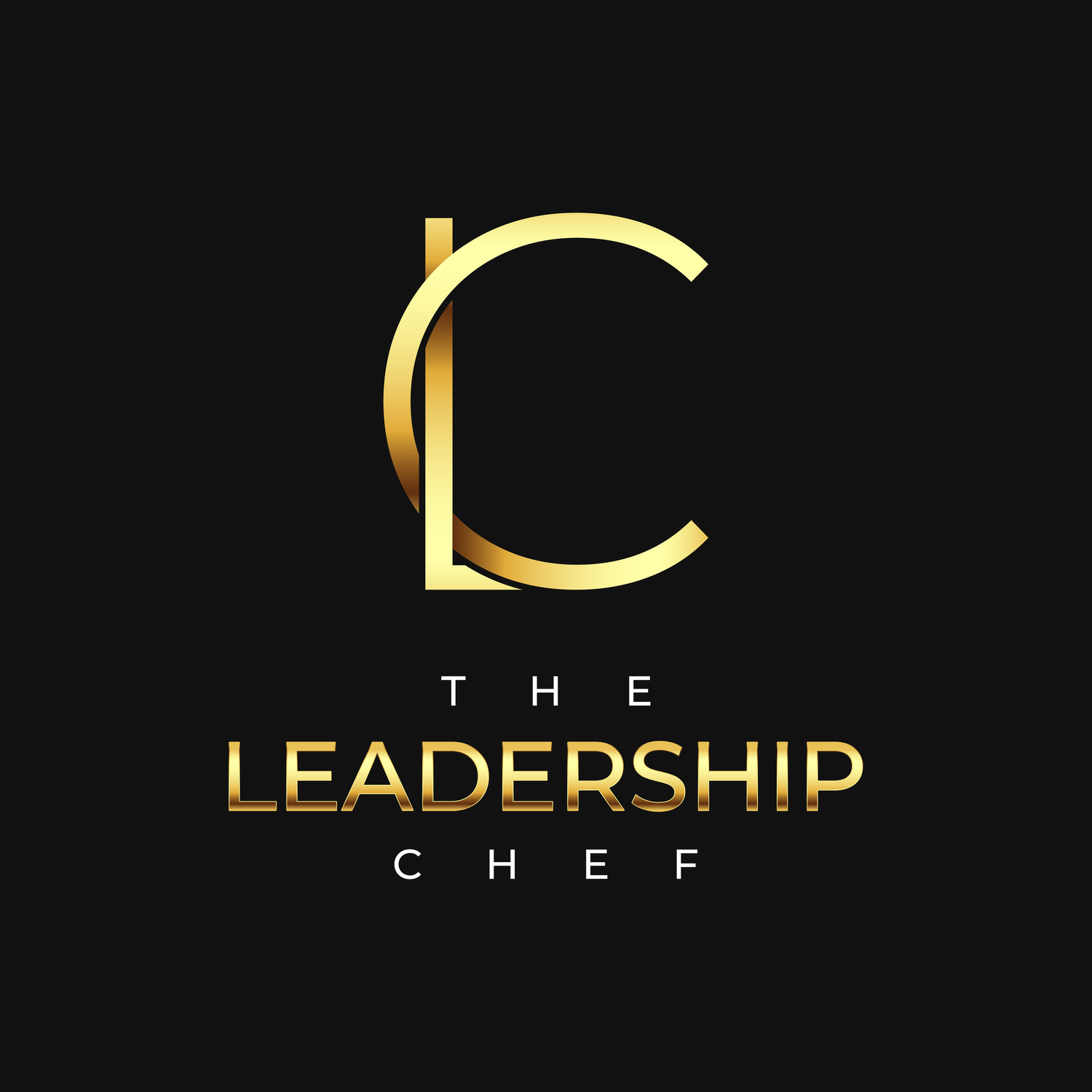The Leadership Kitchen: Essential Ingredients for Success
What Makes a Great Leader?
Just like a master chef crafts the perfect dish, great leaders cultivate the right blend of skills, mindset, and habits to inspire and guide those around them. But leadership isn’t just about natural talent—it’s about developing the essential ingredients that set extraordinary leaders apart from the rest.
If you want to lead with confidence, earn respect, and create lasting impact, you need to stock your Leadership Kitchen with the right components. Let’s break them down.
1. Vision – The Recipe Blueprint
A chef never starts cooking without a recipe or a plan. Likewise, great leaders must have a clear vision of where they’re going and how to get there.
• Do you have a clear goal for yourself and your team?
• Can you communicate that vision in a way that excites and motivates others?
Action Tip: Write down your leadership vision for the next 12 months. Where do you want to grow? How do you want to influence others?
2. Adaptability – The Ability to Adjust the Heat
In the kitchen, conditions can change in an instant—an ingredient might be missing, or a dish may need last-minute adjustments. Leaders must be adaptable, able to pivot when challenges arise.
• Are you open to change, or do you resist it?
• How do you handle unexpected obstacles?
Growth Challenge: This week, embrace change instead of resisting it. Find one situation where you normally react negatively to change and, instead, see it as an opportunity to grow.
3. Emotional Intelligence – The Art of Balancing Flavors
A great dish isn’t just one flavor—it’s a balance of sweet, salty, sour, and savory. Similarly, leaders must balance their own emotions and understand the emotions of others.
• Can you read the room and adjust your approach accordingly?
• Do you listen actively and with empathy?
Self-Reflection: Think of a recent conversation where emotions ran high. Did you listen and respond with empathy, or did you react without thinking? How can you improve next time?
4. Resilience – The Ability to Recover from a Burnt Dish
Every chef has burned a dish, but the best chefs bounce back, adjust, and try again. Leadership is no different—setbacks are inevitable, but growth comes from how you respond.
• When you face failure, do you dwell on it or learn from it?
• How quickly do you recover from challenges?
Action Step: Write down one major failure you’ve experienced. Instead of focusing on what went wrong, write down what it taught you and how it made you a better leader.
5. Communication – The Skill of Plating a Message Clearly
A beautifully plated dish is easy to understand—it tells a story without confusion. Likewise, great leaders communicate clearly, concisely, and effectively.
• Do people understand your message the first time you say it?
• Are you listening as much as you are speaking?
Discussion Engagement: Drop a comment below: What’s one area of communication you struggle with as a leader? Let’s start a conversation!
Final Takeaway: What’s in Your Leadership Kitchen?
The best leaders, like the best chefs, continuously refine their skills and adjust their techniques. Leadership isn’t about perfection—it’s about growth.
Your Challenge: Choose one ingredient from this list to improve this week. Set a goal, take action, and see the difference it makes in your leadership.
Coming Next: From Line Cook to Executive Chef: The Leadership Growth Journey—How leadership is developed over time and the mindset shifts that take you from doing to leading.
Your Turn: Take Action!
1. Which leadership ingredient do you need to improve most?
2. What action will you take this week to develop it?
Drop your answer in the comments—I’d love to hear your insights!
And if you’re serious about becoming the best leader you can be, subscribe to The Leadership Chef so you never miss a fresh serving of leadership wisdom.
Let’s get cooking.

